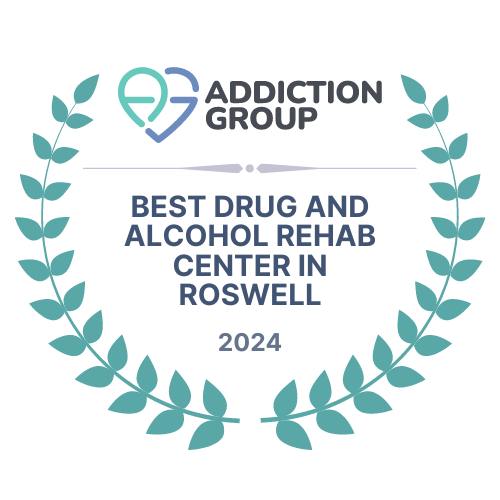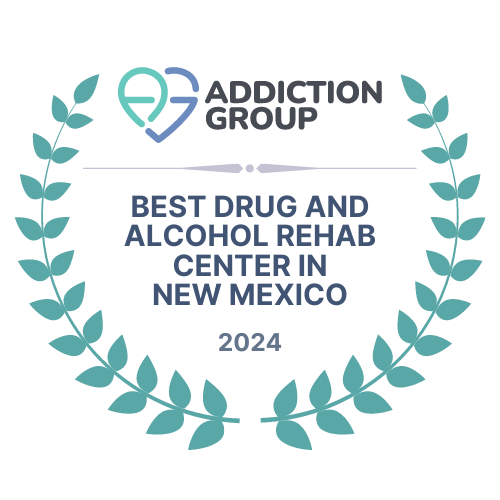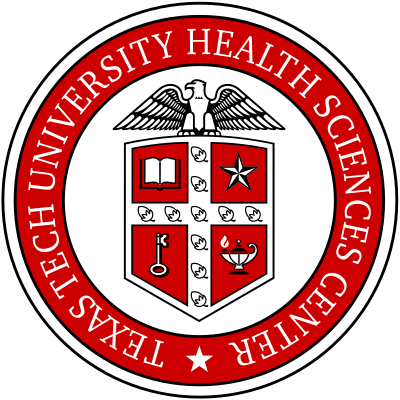When it comes to addiction recovery, most people think about detoxification, therapy, and support groups. However, an often-overlooked aspect of recovery is nutrition. Proper nutrition can play a crucial role in the recovery process, helping to repair the body and mind from the damage caused by substance abuse. At Renew Health, we emphasize a holistic approach to recovery, and incorporating a balanced diet is a key component of our programs.
The Impact of Substance Abuse on Nutrition
Substance abuse can severely deplete the body of essential nutrients, leading to various health problems. Drugs and alcohol can interfere with the body’s ability to absorb and utilize nutrients, resulting in deficiencies that can affect physical and mental health.
- Alcohol: Chronic alcohol use can lead to deficiencies in vitamins such as B1 (thiamine), B6, and B12, which are crucial for brain function. It also affects the absorption of folic acid and the production of red blood cells, leading to anemia.
- Opiates: Opiates can slow down gastrointestinal function, causing constipation and leading to malnutrition. Users may experience a lack of appetite and poor dietary habits.
- Stimulants: Drugs like cocaine and methamphetamine suppress appetite, leading to weight loss and nutritional deficiencies. They can also cause severe dental problems, affecting the ability to eat properly.
The Benefits of Good Nutrition in Recovery
Restoring proper nutrition is vital for healing the body and mind during recovery. Here are some key benefits:
- Physical Health Restoration: Proper nutrition helps repair the damage caused by substance abuse. Nutrient-rich foods support the healing of organs, boost the immune system, and improve overall physical health.
- Mental Health Improvement: Certain nutrients, such as omega-3 fatty acids, B vitamins, and amino acids, play a critical role in brain health. These nutrients can help alleviate symptoms of depression, anxiety, and other mental health issues common in recovery.
- Energy and Vitality: A balanced diet provides the energy needed for daily activities and physical exercise, which are important components of a healthy recovery routine.
- Reducing Cravings: Proper nutrition can help stabilize blood sugar levels and reduce cravings for drugs and alcohol. Eating regular, balanced meals helps maintain energy levels and prevent the irritability and mood swings that can trigger cravings.
- Building Healthy Habits: Learning to prepare and enjoy nutritious meals can help individuals in recovery build healthy habits that support long-term sobriety. These habits contribute to a sense of accomplishment and self-care.
Key Nutrients for Recovery
Certain nutrients are particularly beneficial for individuals in recovery. Incorporating these into a balanced diet can support the healing process:
- Protein: Essential for repairing tissues and producing neurotransmitters, proteins are found in lean meats, fish, eggs, dairy products, legumes, and nuts.
- Complex Carbohydrates: Foods like whole grains, fruits, and vegetables provide a steady source of energy and support brain function.
- Healthy Fats: Omega-3 fatty acids, found in fish, flaxseeds, and walnuts, are crucial for brain health and reducing inflammation.
- Vitamins and Minerals: Vitamins A, C, E, and B-complex, along with minerals like zinc, magnesium, and calcium, support various bodily functions and overall health.
Incorporating Nutrition into Recovery at Renew Health
At Renew Health, we understand the importance of nutrition in the recovery process. Our comprehensive programs include nutritional education and support to help individuals make healthier choices and build a foundation for lasting recovery.
- Nutritional Assessments: We conduct thorough assessments to identify any nutritional deficiencies and create personalized nutrition plans tailored to each individual’s needs.
- Healthy Meal Planning: Our team works with clients to develop balanced meal plans that incorporate nutrient-rich foods. We provide guidance on meal preparation and healthy eating habits.
- Education and Workshops: We offer educational workshops on diet and its role in recovery. These sessions cover topics such as reading food labels, understanding portion sizes, and making healthy food choices.
- Cooking Classes: Our cooking classes teach practical skills for preparing nutritious meals. Clients learn how to cook healthy dishes that are both delicious and easy to make.
- Supportive Environment: At Renew Health, we foster a supportive environment where clients can share their experiences and challenges related to diet and wellness. Peer support groups provide a sense of community and encouragement.
Conclusion
Diet plays a critical role in the recovery process, offering numerous physical and mental health benefits. By focusing on a balanced diet and healthy eating habits, individuals can significantly improve their chances of maintaining sobriety and achieving long-term wellness. At Renew Health, we are committed to providing comprehensive, holistic care that includes nutritional support as a key component of our recovery programs. If you or a loved one is struggling with addiction, contact Renew Health today to learn more about our services and how we can support your journey to recovery. Together, we can build a healthier, brighter future.









